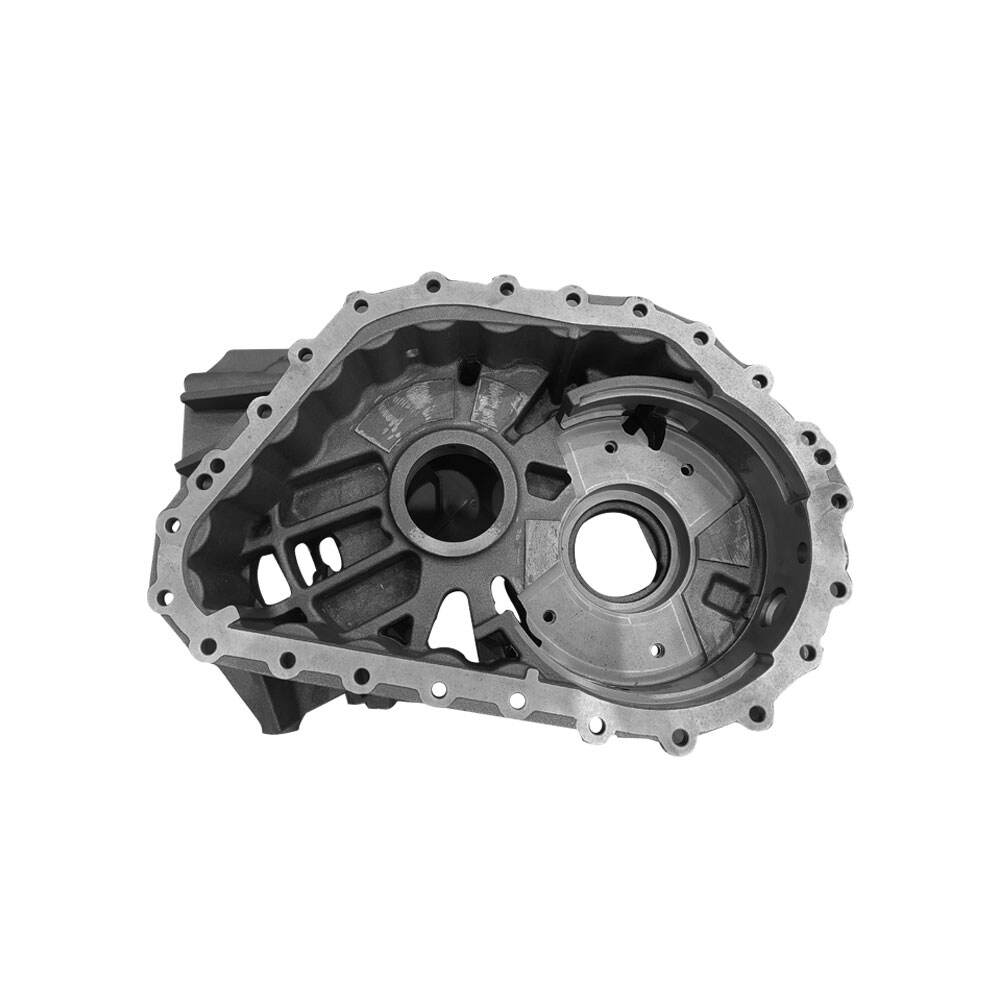steel casting factory
A steel casting factory represents a sophisticated industrial facility dedicated to producing high-quality metal components through advanced casting processes. These facilities combine traditional metallurgical expertise with cutting-edge technology to transform raw materials into precisely engineered steel parts. The factory typically houses multiple production lines equipped with automated systems for melting, molding, and heat treatment processes. Modern steel casting facilities utilize computer-controlled furnaces capable of maintaining exact temperature specifications, ensuring consistent material properties throughout production. The factory incorporates advanced quality control systems, including spectrometry and ultrasonic testing equipment, to verify the integrity of each casting. Environmental control systems manage air quality and temperature, while automated material handling systems ensure efficient production flow. These facilities are capable of producing components ranging from small precision parts to large industrial castings, serving diverse sectors including automotive, aerospace, energy, and heavy machinery manufacturing. The integration of digital monitoring systems allows for real-time process optimization and maintains detailed production records for quality assurance and traceability purposes.


